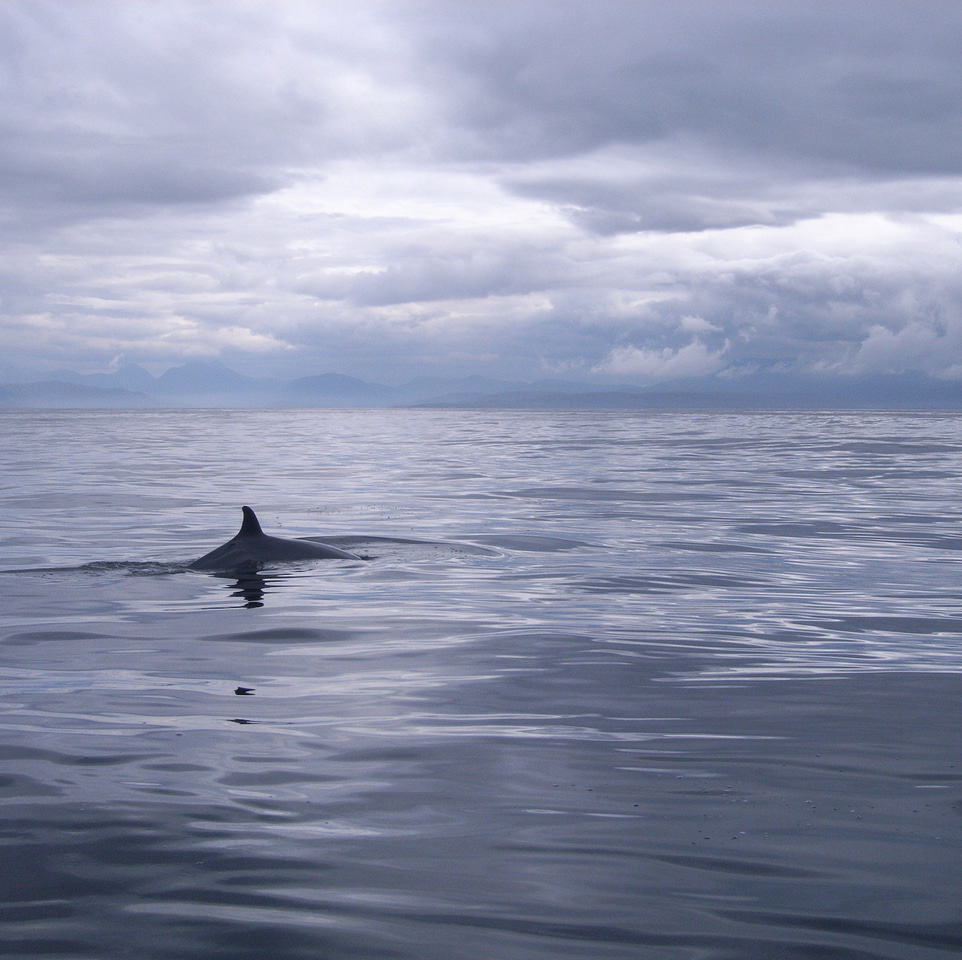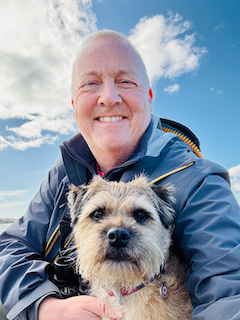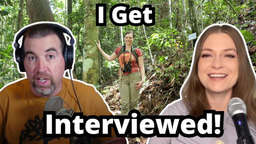Hello from John in North Yorkshire, UK

Hello, everyone. I have joined WildHub in order to take some online training, initially in project management, and potentially connect with people working on projects.
I have spent my career (over 30 years) working in applied geography - yes, GIS and mapping - mainly for software companies. This has included a wide range of application areas, including ecology and the environment. I currently work in 'nature tech' as a product/project manager for a company that is building products that support the planning and designing of nature restoration projects and the subsequent measuring of their ecological condition.
I am based in the United Kingdom and am hoping to connect with people, particularly in the UK, who are developing large scale nature restoration projects in which ecosystem condition and integrity are the focus. My hope is that I will learn more about project management for ecosystem restoration projects. Having been a project manager and product manager for much career, and also being an active member of the rewilding movement (I am a founding trustee and active member of the committee of www.yorkshirerewildingnetwork.org.uk), perhaps some of my previous and current experience might be of use to others.
For anyone wanting to connect professionally, I can be found at https://www.linkedin.com/in/johnhartshorn




Please sign in or register for FREE
If you are a registered user on WildHub, please sign in
Welcome to WildHub, John!
It’s fantastic to have you here. Your deep experience in applied geography and your current work in nature tech is incredibly valuable, especially as we collectively strive to advance ecosystem restoration and biodiversity uplift. Your role in developing tools that support planning and measuring ecological condition sounds like a game-changer for large-scale rewilding efforts.
Your involvement with the Yorkshire Rewilding Network and your commitment to nature recovery are truly inspiring. We’re excited to learn from your journey and insights, especially as you explore project management in the context of ecosystem restoration.
In your experience, how can technology best bridge the gap between ecological theory and practical implementation in nature restoration projects?
Please keep sharing your work, thoughts, and discoveries; your perspective is a rich addition to our community. Looking forward to seeing how your expertise helps shape conversations and collaborations here!
Hi, Simon.
I think technology can help hugely with collecting and processing data, especially processing and identifying records from huge volumes of data such as are collected by audio detections devices, e.g. for bird surveys, or imagery from camera traps. If a survey is well designed, the data collection devices and sensors can spend a lot longer in the field than humans can, so can therefore collect a lot more data over a longer period of time. Obviously, this generates an awful lot of data (especially in the case of acoustic monitoring!), so data management and the processing of potentially huge volumes of data becomes more challenging and costly, which is where some of the 'AI/ML' tools and services are useful - not only can they process or resample a lot of data compared to other methods, but they can be very good at automated pattern recognition. However, in order to ensure data can be trusted - both raw data and post-processing/derived data - it still requires "ground truthing". So, whilst technology now gives us a lot more opportunity, I don't think it diminishes the need for human involvement at all - it just adds tools to our toolkit so we can do a lot more, more efficiently. And it's likely that technology, especially with respect to data collection, will find 'edge cases' that ecological theory has not considered.
Greetings Dear John. My name is Isabelle Ngarambe, I have a Climate Project proselytizing that needs funds, can you help me in this way?, you can answer me through my WhatsApp +250785735165, for more details
Hi, Isabelle. I'm afraid funding is not something I can help with and I am not sure where you would actually begin looking, given you are based on Rwanda. As with many projects in development, scale is usually important as respective funders are often most interested in larger scale projects that have undertaken baseline assessments of their starting condition and are supported by widely accredited methods for measuring the baseline and measuring and forecasting the changes that follow the project's restoration activities.